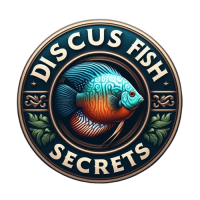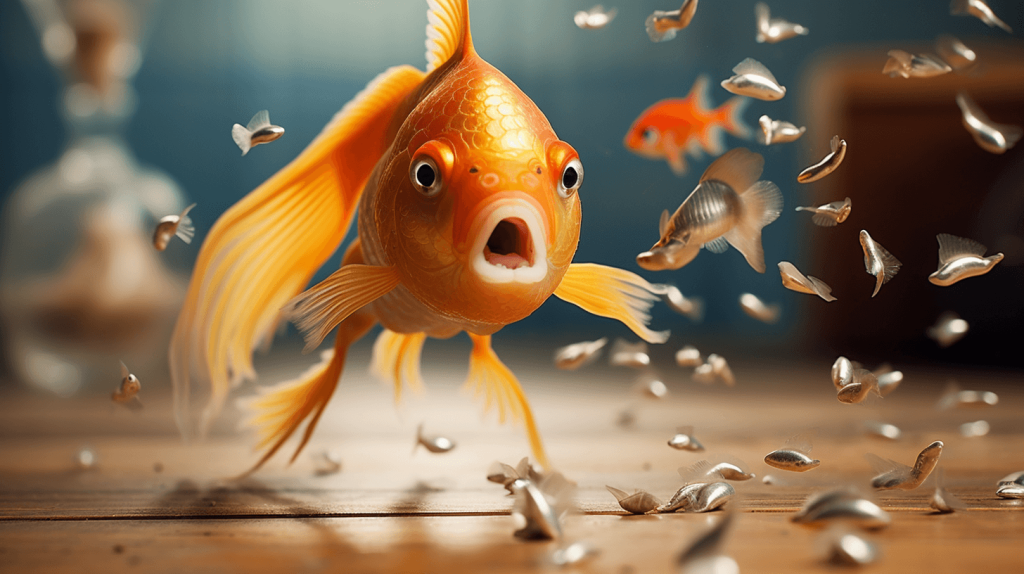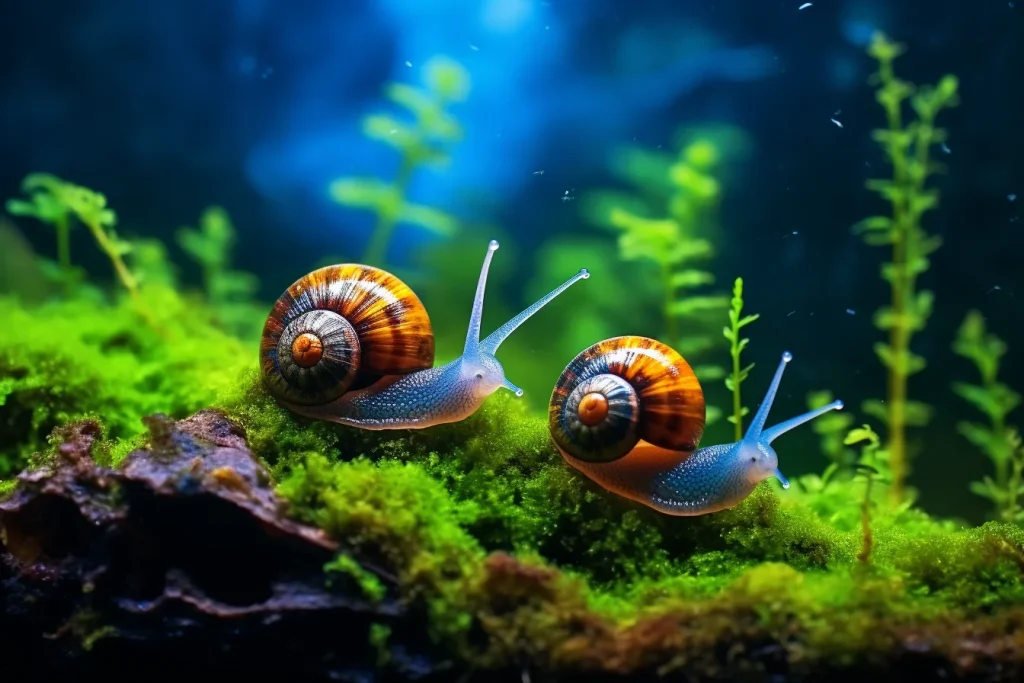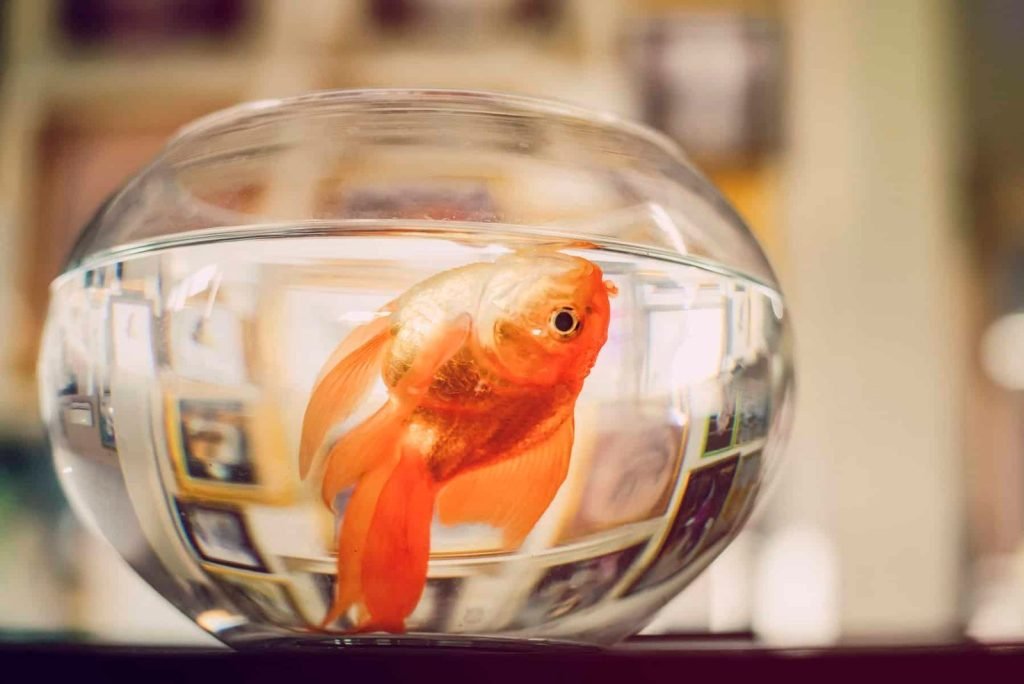Are you an aquarium enthusiast wondering if it’s safe to feed your beloved tropical fish the same diet as goldfish? While goldfish food may seem like a convenient option, the nutritional needs of these two aquatic species differ significantly. In this comprehensive guide, we’ll explore the potential risks and considerations of feeding tropical fish with goldfish food, helping you make informed decisions to keep your underwater friends healthy and thriving.
Understanding Goldfish Food
Goldfish food, typically available in flakes or pellets, is formulated to cater to the dietary requirements of these hardy freshwater fish. It primarily consists of dried insects, crushed plant matter, and fish eggs. While this combination provides sufficient nutrition for goldfish, who are omnivores and primarily feed on vegetation, it lacks the essential nutrients necessary for the optimal growth and development of tropical fish.
Nutritional Differences: Tropical Fish vs. Goldfish Diets
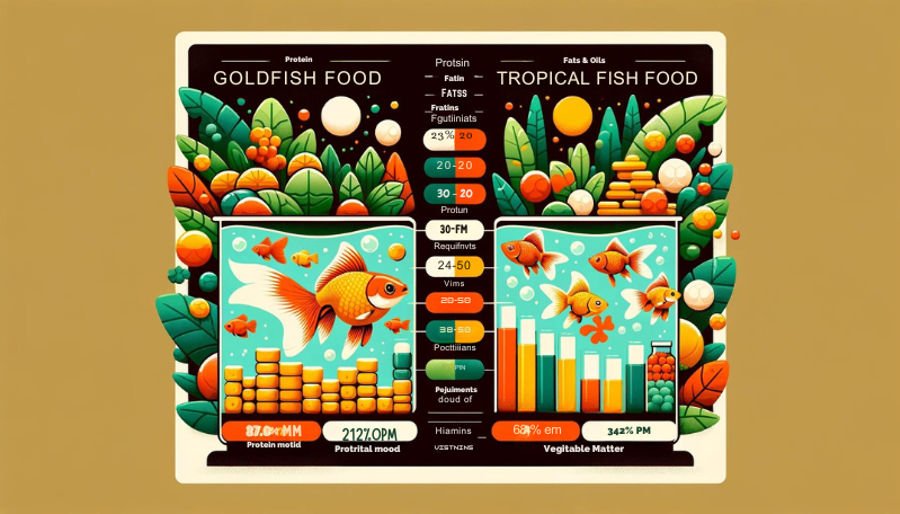
Before we delve into the specifics, it’s crucial to understand the fundamental differences in the dietary needs of tropical fish compared to goldfish. These differences underline the importance of selecting the appropriate food to ensure the health and vitality of your tropical aquarium inhabitants.
Nutritional Comparison: Goldfish vs. Tropical Fish Food
- Protein Content
- Tropical Fish Food: 45% Minimum
- Goldfish Food: Around 32%
- Tropical fish require high protein levels for growth and health.
- Fats and Oils
- Tropical Fish Food: Rich in Omega-3 and Fish Oils
- Goldfish Food: Lower Quality Fats
- Essential for energy and cell development in tropical fish.
- Vitamins and Minerals
- Tropical Fish Food: Specially Formulated with Essential Vitamins
- Goldfish Food: Lacks Certain Key Vitamins for Tropical Fish
- Important for overall health and vibrant coloration.
- Vegetable Matter
- Tropical Fish Food: Lower Amounts of Plant Matter
- Goldfish Food: High in Vegetable Content
- Too much plant matter can cause digestive issues in tropical fish.
- Carbohydrates
- Tropical Fish Food: Optimized for Low Carb Intake
- Goldfish Food: High in Starches and Complex Carbs
- Excessive carbs are not suitable for most tropical fish.
Protein Requirements
One of the most significant differences between the diets of tropical fish and goldfish lies in their protein requirements. Tropical fish, being carnivorous or omnivorous, thrive on diets high in protein, typically requiring a minimum of 45% protein content. In contrast, goldfish food typically contains around 32% protein, which can lead to protein deficiencies in tropical fish, impacting their growth, vitality, and overall health.
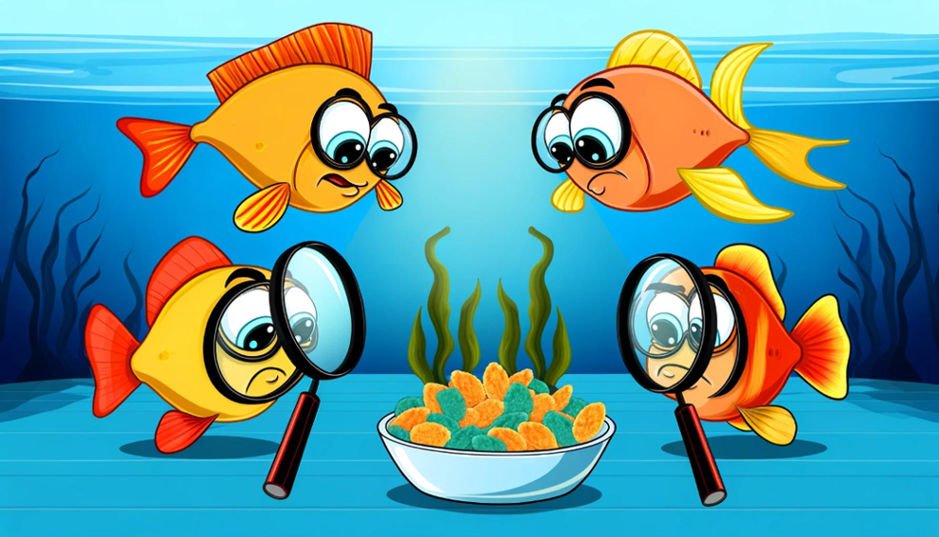
Fats and Oils
Essential fish oils and omega fatty acids play a crucial role in providing energy and supporting cellular development in tropical fish. However, goldfish food often lacks these vital nutrients, as it is formulated with lower-quality fats. This deficiency can lead to various health issues, including poor growth, skin problems, and a weakened immune system in tropical fish.
Vitamins and Minerals
Tropical fish require specific vitamins and minerals in their diets to maintain optimal health and coloration. These essential nutrients are often lacking or present in insufficient quantities in goldfish food, leading to potential nutrient deficiencies and related health problems.
Vegetable Matter and Carbohydrates
While goldfish diets are typically high in plant matter and carbohydrates, tropical fish thrive on diets with lower levels of these components. Excessive vegetable matter and starches can cause digestive issues, lethargy, and other health problems in tropical fish species.
Feeding Tropical Fish Goldfish Food: A Temporary Solution?
While it’s not ideal, it is possible to feed tropical fish with goldfish food temporarily or as an occasional treat. However, it’s essential to supplement goldfish flakes or pellets with high-protein foods like shrimp, larvae, or specialized tropical fish food to ensure that your fish receive the necessary nutrients for their overall well-being.
Feeding Frequency and Portions
If you choose to feed your tropical fish with goldfish food, it’s crucial to monitor their feeding habits closely. Tropical fish generally require smaller, more frequent meals compared to goldfish. It’s recommended to feed them 2-3 times daily in small portions to prevent overfeeding and related health issues.
It’s important to note that some species, such as guppies, may digest goldfish food more effectively than others, like tetras, which might not gain significant nutritional value from goldfish pellets.
Species-Specific Dietary Needs
Not all tropical fish species have the same dietary requirements. Here are a few examples:
Neon Tetras
Neon tetras are small, freshwater fish that thrive on a diet rich in protein and essential nutrients. While they can tolerate goldfish food for short periods, it should not be their primary diet, as it lacks the necessary nutrients for their optimal health and vibrant coloration.
Betta Fish
Betta fish, or Siamese fighting fish, are well-known for their stunning appearance and unique personalities. While they can consume goldfish food as an occasional treat, it should not be a staple in their diet. Betta fish require a high-protein diet with a variety of live or frozen foods to maintain their health and vitality.
The Risks of Long-Term Feeding on Goldfish Food
While goldfish food may seem like a convenient option, relying solely on it for extended periods can lead to several health issues in tropical fish:
- Malnutrition: Goldfish food lacks the essential nutrients required for the proper growth and development of tropical fish, leading to malnutrition and stunted growth.
- Digestive Disorders: The high levels of plant matter and carbohydrates in goldfish food can cause digestive issues, such as constipation or bloating, in tropical fish species that are not adapted to digest these components effectively.
- Weakened Immune System: A lack of essential vitamins and minerals can compromise the immune system of tropical fish, making them more susceptible to diseases and infections.
- Poor Coloration: Tropical fish require specific nutrients to maintain their vibrant colors. Feeding them an inadequate diet can lead to dull or faded coloration over time.
- Shortened Lifespan: Prolonged malnutrition and health issues can significantly shorten the lifespan of tropical fish, preventing them from reaching their full potential.
Expert Advice and Real-World Examples
“While goldfish food can be used as a temporary solution in an emergency, it’s crucial to understand that it lacks the necessary nutrients for the long-term health of tropical fish,” advises Dr. Emily Thompson, a renowned aquatic veterinarian. “I’ve seen numerous cases where tropical fish have developed health issues due to prolonged feeding on goldfish food, ranging from digestive problems to compromised immune systems.”
One aquarium enthusiast, John, shares his experience: “I made the mistake of feeding my angelfish and discus solely on goldfish flakes for several months. Initially, they seemed fine, but over time, I noticed their colors fading, and they became lethargic. After switching to a high-quality tropical fish diet, their vibrancy and energy levels gradually returned.”
Conclusion
Feeding tropical fish with goldfish food is not recommended for their long-term dietary needs due to significant nutritional differences. For optimal health, it’s essential to provide a varied and species-appropriate diet rich in proteins, vitamins, and minerals. By selecting foods specially formulated for tropical fish, you can ensure your aquatic companions remain vibrant, healthy, and active, allowing you to enjoy their beauty and unique personalities for years to come.
Remember, every fish species has specific dietary requirements, so it’s crucial to research and understand their needs before introducing any new food source. If you have any concerns or questions, don’t hesitate to consult with a knowledgeable aquarium expert or veterinarian.
Are you ready to provide the best possible nutrition for your tropical fish? Explore our selection of high-quality tropical fish foods and kickstart your journey towards a healthier and more vibrant aquarium today!
 Before we delve into the specifics, it’s crucial to understand the fundamental differences in the dietary needs of tropical fish compared to goldfish. These differences underline the importance of selecting the appropriate food to ensure the health and vitality of your tropical aquarium inhabitants.
Nutritional Comparison: Goldfish vs. Tropical Fish Food
Before we delve into the specifics, it’s crucial to understand the fundamental differences in the dietary needs of tropical fish compared to goldfish. These differences underline the importance of selecting the appropriate food to ensure the health and vitality of your tropical aquarium inhabitants.
Nutritional Comparison: Goldfish vs. Tropical Fish Food

